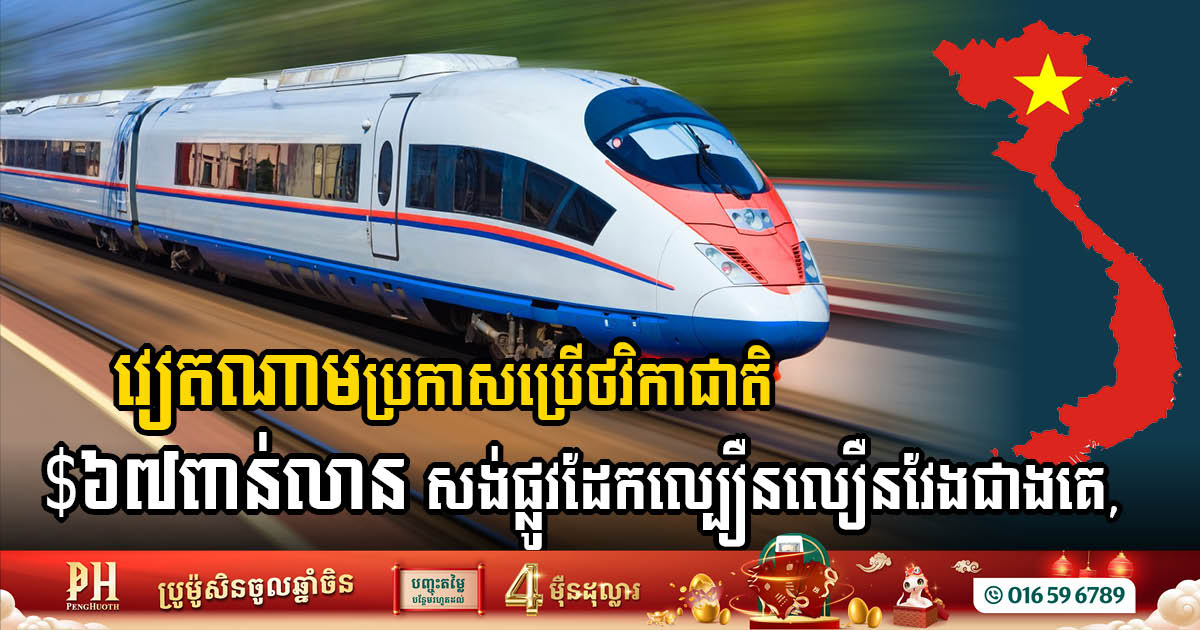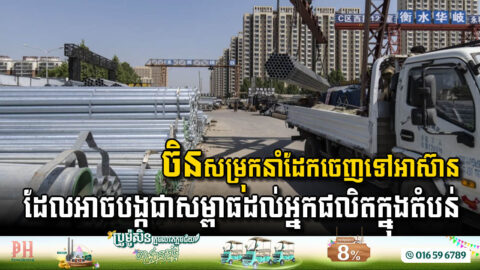Cambodia’s Mining Sector Sees Significant Revenue Growth in 2024
In a notable achievement for Cambodia, the Ministry of Mines and Energy reported nearly USD 100 million in non-tax revenue from the mining sector in 2024, reflecting an impressive increase of approximately 79% compared to the previous year. This growth highlights the country’s expanding mining activities, which now include numerous sites dedicated to both domestic […]
Cambodia Should Navigate Rising Global Uncertainty with a Multifaceted and Coordinated Policy Strategy
Cambodia’s economic growth accelerated to 6.0 percent in 2024 from 5.0 percent in 2023, driven by a strong rebound in the garment sector. However, in light of unexpectedly high US tariffs, growth is expected to decelerate to 4.9 percent in 2025, due to its heavy reliance on exports to the US. A coordinated and multifaceted […]
Cambodia Sees Surge in International Tourist Arrivals in Early 2025
In a promising start to the year, Cambodia welcomed nearly 2 million international tourists in the first quarter of 2025, marking a remarkable 16% increase compared to the same period in 2024. This growth was highlighted by His Excellency Minister Huot Hak, Minister of Tourism, during a recent meeting aimed at promoting the Green Season […]
Cambodia and Laos Forge Stronger Agricultural Ties to Expand Mango Exports
In a significant move to enhance agricultural trade, Cambodia and Laos have reached an agreement to boost the export of Cambodian mango products to third countries via Laos’ high-speed rail system. This announcement was made during an official visit from April 30 to May 3, 2025, where H.E. Dith Tina, Cambodia’s Minister of Agriculture, met […]
China’s Steel Exports to ASEAN Surge, Sparking Concerns Among Regional Producers
In a significant development for the steel industry, China’s steel exports to ASEAN countries have skyrocketed in the first quarter of 2025, reaching 36.55 million tons. This figure constitutes approximately 70% of China’s total steel exports and marks a staggering 32% increase year on year, according to a recent report by Yieh News. The report […]
Exciting Prospects for Cambodian Agricultural Exports
In a significant development for Cambodia’s agricultural sector, Angkor International Airport Investment (Cambodia) Co., Ltd. (AIAI) has expressed a strong interest in investing in the export of Cambodian agricultural products to China and other international markets. This announcement was made during a productive meeting on April 7, 2025, between HE Minister Dith Tina and Mr. […]



 ខ្មែរ
ខ្មែរ







